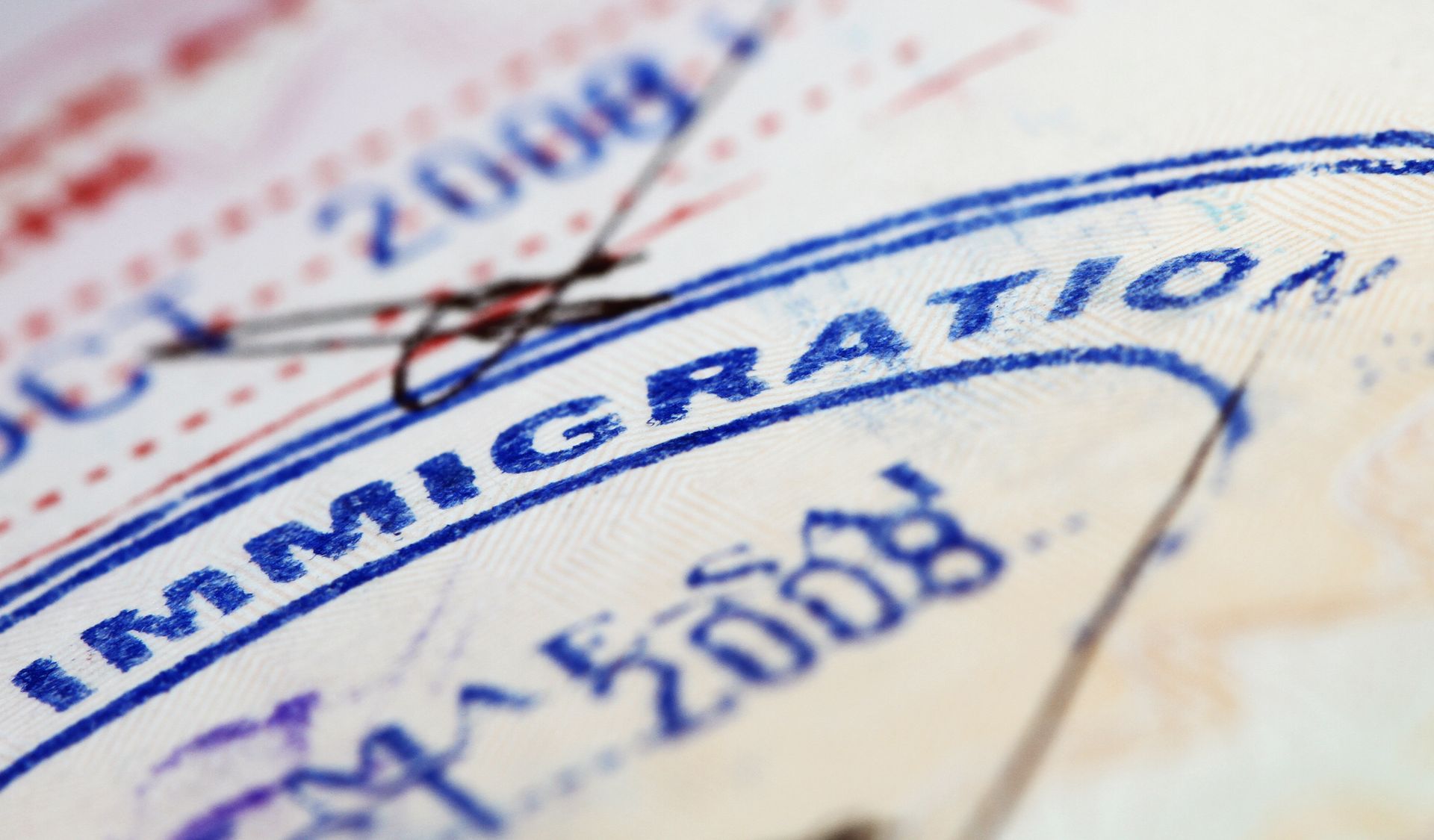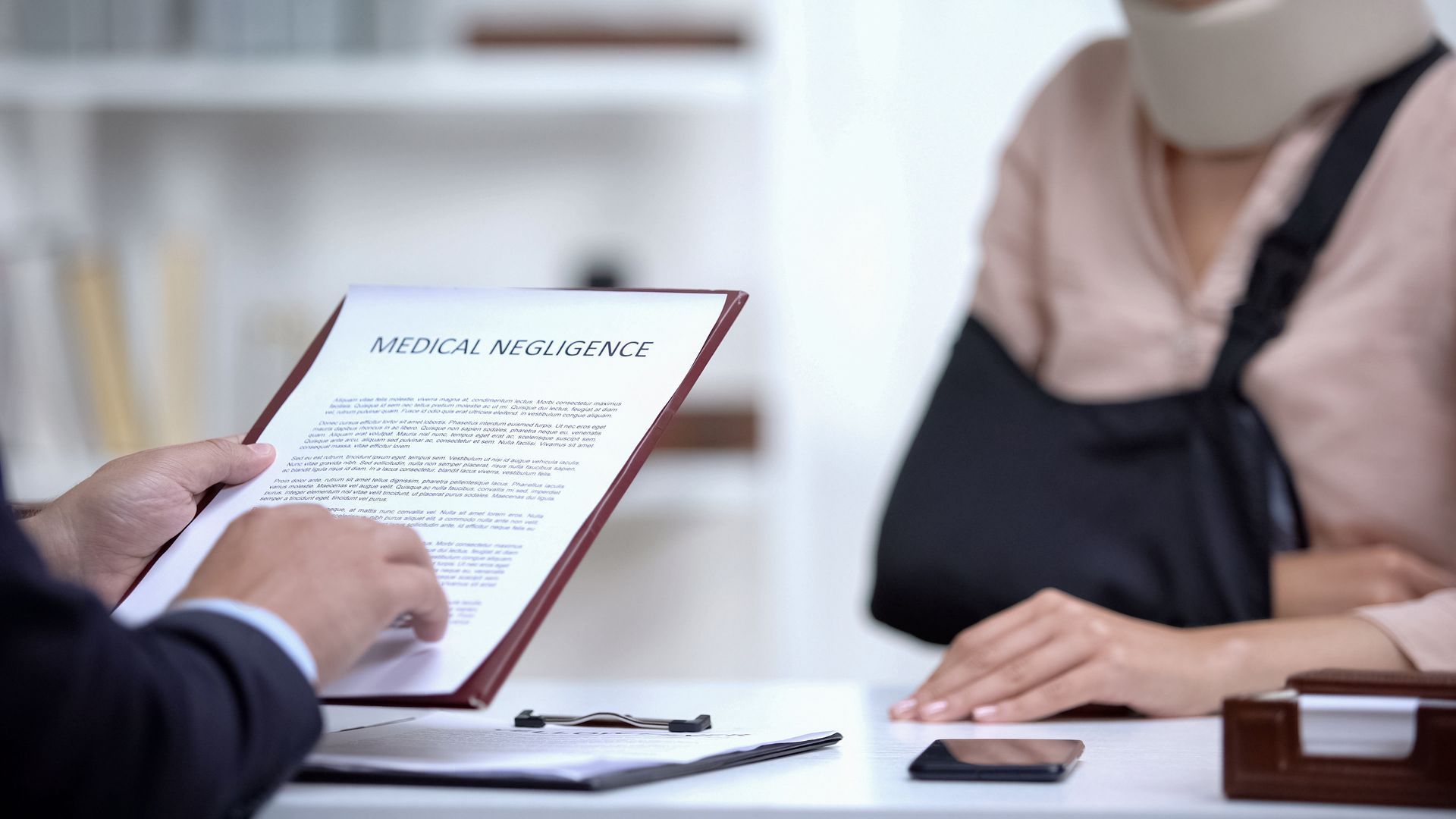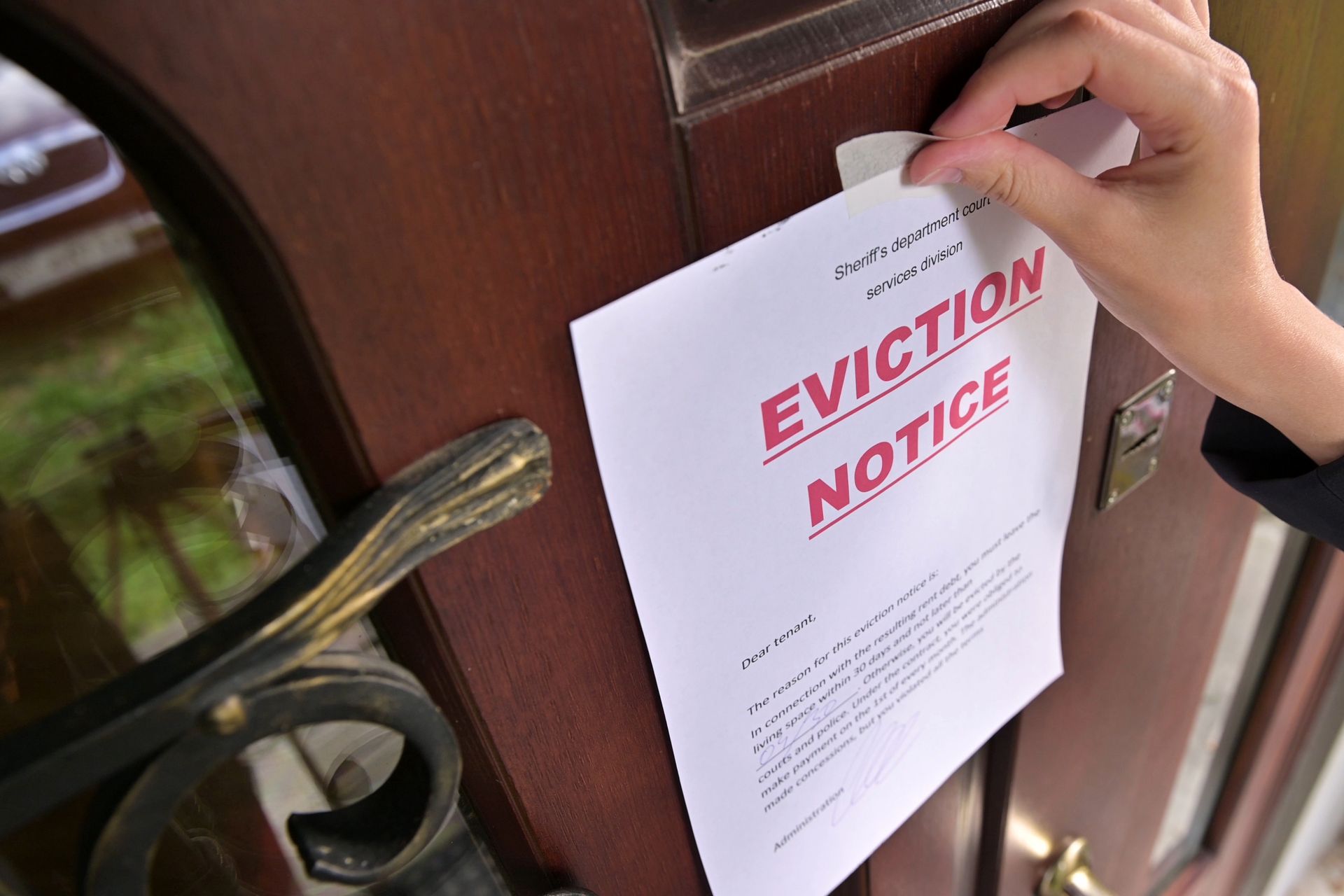In April 2023, the Minnesota House of Representatives passed the recreational marijuana bill in vote of 71-59.
As of May 2023, different versions of the bill are being reconciled by the House and Senate. If legislators agree upon a final version, the bill will go to Minnesota Governor Tim Walz who can sign it into law (which should be relatively straightforward, as Waltz has already expressed his support for the bill).
Since 2014, Minnesotans have been able to legally obtain medical marijuana and as of last year, the use of recreational low-dose, hemp-derived cannabis edibles is allowed. Now, some lawmakers are taking steps to legalize the possession, retail production, home cultivation and sale of cannabis to adults age 21 or older.
The 200-page long bill isn’t solely about legalizing recreational cannabis for adults. It’s also about having a long-term regulatory framework, whose societal benefits go a long way.
What Is in the Minnesota Marijuana Bill?
According to the bill, those age 21 and older can legally:
- Possess no more than two ounces of cannabis flower in public and 1.5 pounds at home
- Possess or transport up to eight grams of cannabis concentrate
- Possess or transport edible products containing up to 800 milligrams of THC (the main psychoactive component found in the cannabis plant)
- Give away cannabis flowers and products in the legal amount
- Cultivate no more than eight cannabis plants, of which only four or fewer can be flowering plants
Although possession of limited amounts of cannabis is allowed both in public and private residences, there are exceptions to this rule. Adults are prohibited from using cannabis while incarcerated or operating a motor vehicle.
Long-Term Effects of Marijuana Legalization in Minnesota
For Minnesotans with cannabis-related convictions, the bill includes provisions to expunge certain convictions, providing a pathway for those with previous cannabis-related offenses to clear their records. This can help previously convicted individuals overcome the barriers that a criminal record can present, such as difficulty finding employment or housing.
Additional potential advantages of legalization of cannabis in Minnesota include:
- Increased tax revenue: Legalizing and regulating cannabis can generate significant tax revenue for states. This revenue can be used to fund education and healthcare services (especially addiction recovery services).
- Job creation: The cannabis industry can create jobs in areas such as cultivation, processing, distribution and retail. This can have a positive impact on local economies.
- Reduced strain on the criminal justice system: Legalizing cannabis can reduce the number of people who are arrested and incarcerated for cannabis-related offenses. This can reduce the strain on the criminal justice system and free up resources for other priorities.
- Improved public health: Legalizing and regulating cannabis can improve public health by ensuring that products are safe, accurately labeled and free from contaminants. It can also provide greater access to medical cannabis for patients who need it.
- Reduced black market activity: Legalizing cannabis can reduce the size of the illicit market and shift demand to legal sources. This can help to reduce crime associated with the black market, such as violence and organized crime.
With the Passing of the Bill, Will My Marijuana Conviction Be Eligible for Expungement?
The short answer is that it depends on the details of the bill and if they apply to your specific case. If Minnesota becomes the 23 rd state to legalize marijuana, plenty of attention will likely be given to individuals affected by marijuana-related convictions.
While the details of Minnesota’s expungement provisions will depend on the specific language of the legalization bill, it’s likely people with certain types of cannabis-related convictions like misdemeanors or fifth-degree felonies may be eligible for expungement.
Keep in mind, the expungement process can vary depending on the jurisdiction. If you’re seeking to have your record cleared, you should consult with an attorney or legal aid organization for guidance on your specific situation.
Are You Looking to Have Your Marijuana Conviction Expunged in Minnesota?
If you were arrested for marijuana possession, your criminal record may be thwarting your opportunities for a better career or housing.
In Minnesota, you must meet certain requirements for your records to be expunged, and the process isn’t always easy or straightforward.
At the Minnesota Lawyer Referral and Information Service (MLRIS), our referral counselors can help you find a qualified criminal defense attorney to guide you through the nuances of this legal process.
With the help of an attorney, you can take steps to move on from your past toward a better future. To get in touch with a referral counselor, call (612) 752-6699 or send us a message.
The post Marijuana Legalization Process in Minnesota first appeared on Minnesota Lawyer Referral and Information Service.




